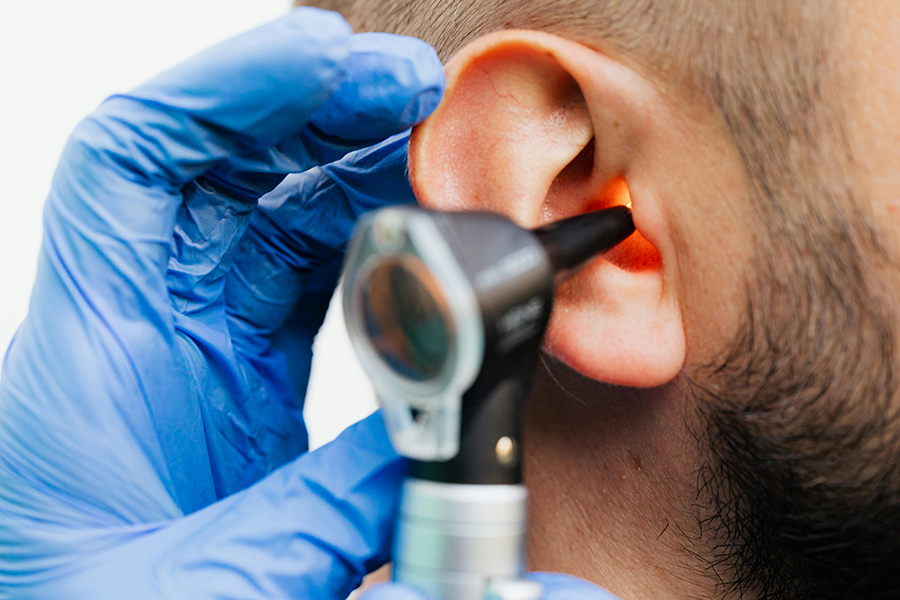If one of your colleagues has hearing loss, your business may already have accommodations to help the person succeed, such as providing assistive listening devices like captioned phones and personal sound amplifiers. In addition to the resources that your company provides, there are several simple ways that you, as a fellow employee, can help to communicate effectively in the workplace.
In meetings
Meetings with more than a few people can be difficult for someone with hearing loss because there are often side conversations occurring that can be distracting and interfere with hearing the meeting leader. Or, if the meeting room is small and crowded, someone with hearing loss who relies on lipreading may find it challenging to see everyone. Try to hold the meeting in a well-lit room with a round table so the person with hearing loss can see everyone’s faces.
If you’re hosting a business meeting, one important action you can take to accommodate someone with hearing loss is to email or hand out a written agenda prior to the meeting. If videos are used during a meeting or presentation, make sure to use captions. Also, if you are answering questions from other meeting attendees, repeat each question before answering it as it gives the person with hearing loss an extra chance to hear what was being asked in case the original speaker spoke quietly or the employee with hearing loss was unable to read his or her lips.
Additionally, if minutes are not taken at the meeting, offer to share your notes with your colleague, especially if you can tell that he or she might have missed a few things.
General communication
Both work-related communication and socializing with colleagues are important in the workplace. Here are some tips for communicating effectively with a colleague who is living with hearing loss:
1. If you know you are a fast-talker, speak more slowly. But, don’t speak in such an exaggerated manner that your words are distorted – this can actually make it more difficult to hear.
2. When you’re talking one-on-one or in a group, make sure to face the person with hearing loss and use his or her name to signal that you are speaking to him or her.
3. Don’t cover your mouth with your hand, chew gum or eat – this makes lip reading nearly impossible for those who rely on it.
4. If your colleague doesn’t understand what you have said, find different words to say it, rather than repeating the word over and over. For those with hearing loss, some sounds are more difficult to hear than others.
5. Go to a quiet place. Often, even slight background noise can interfere with hearing.


